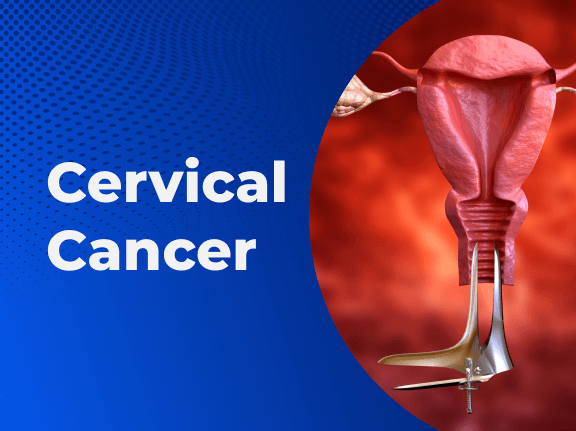
Cervical cancer continues to be a significant public health issue and experts are advocating for a more comprehensive prevention strategy that includes probiotics in addition to routine screenings and HPV vaccinations.
During separate interviews with journalists in Abuja on Monday, they emphasised the importance of this multi-faceted approach.
Probiotics are beneficial bacteria that help maintain a healthy microbial balance in the body, including the vaginal microbiome. A predominance of Lactobacillus species in the vagina is associated with a reduced risk of infections and inflammation, both of which play a critical role in cervical health.
With Nigeria reporting thousands of new cervical cancer cases annually, researchers are increasingly exploring the role of beneficial bacteria in supporting vaginal and reproductive health.
A public health expert, Dr. Gabriel Adakole explained that disruptions to the vaginal microbiome, known as dysbiosis, can increase susceptibility to human papillomavirus (HPV), the primary cause of cervical cancer.
“A well-balanced vaginal microbiome, rich in Lactobacillus crispatus and Lactobacillus rhamnosus, creates an environment that makes it more difficult for HPV to thrive. Probiotics can help restore this balance, thereby reducing the chances of persistent infections that could lead to cervical cancer,” he stated.
Adakole pointed out that HPV is responsible for more than 95 per cent of cervical cancer cases worldwide. However, he noted that not all women infected with HPV will develop cancer.
“A strong immune system and a healthy vaginal microbiome can help clear the virus before it causes harm,” he added.
Dr. Uchenna Micheal, a gynecologist, highlighted that bacterial vaginosis (BV), a condition characterised by a decline in Lactobacillus, can increase the likelihood of persistent HPV infections.
“Women with BV often face a higher risk of HPV-related cervical abnormalities due to chronic inflammation and changes in vaginal pH. By maintaining a healthy microbiome, probiotics may indirectly help prevent complications related to HPV,” Micheal explained.
While research indicates that probiotics can support vaginal health, she cautioned that they should not replace established cervical cancer prevention strategies.
“Probiotics can be a useful addition, but they are not a substitute for HPV vaccination and routine cervical screenings. Women should continue prioritising Pap smears, HPV tests and vaccinations for the most effective protection,” she advised.
With cervical cancer ranking as the second most common cancer among women in Nigeria, she emphasised the need for a multi-pronged approach.
“Probiotics, along with preventive measures such as HPV vaccination and regular screenings, could provide women with stronger defense against the disease,” she said.
Micheal urged Nigerian women to take charge of their reproductive health. “A holistic approach – including a balanced diet, probiotic-rich foods, vaccination and regular checkups – can significantly reduce the risks of cervical cancer,” she concluded.

